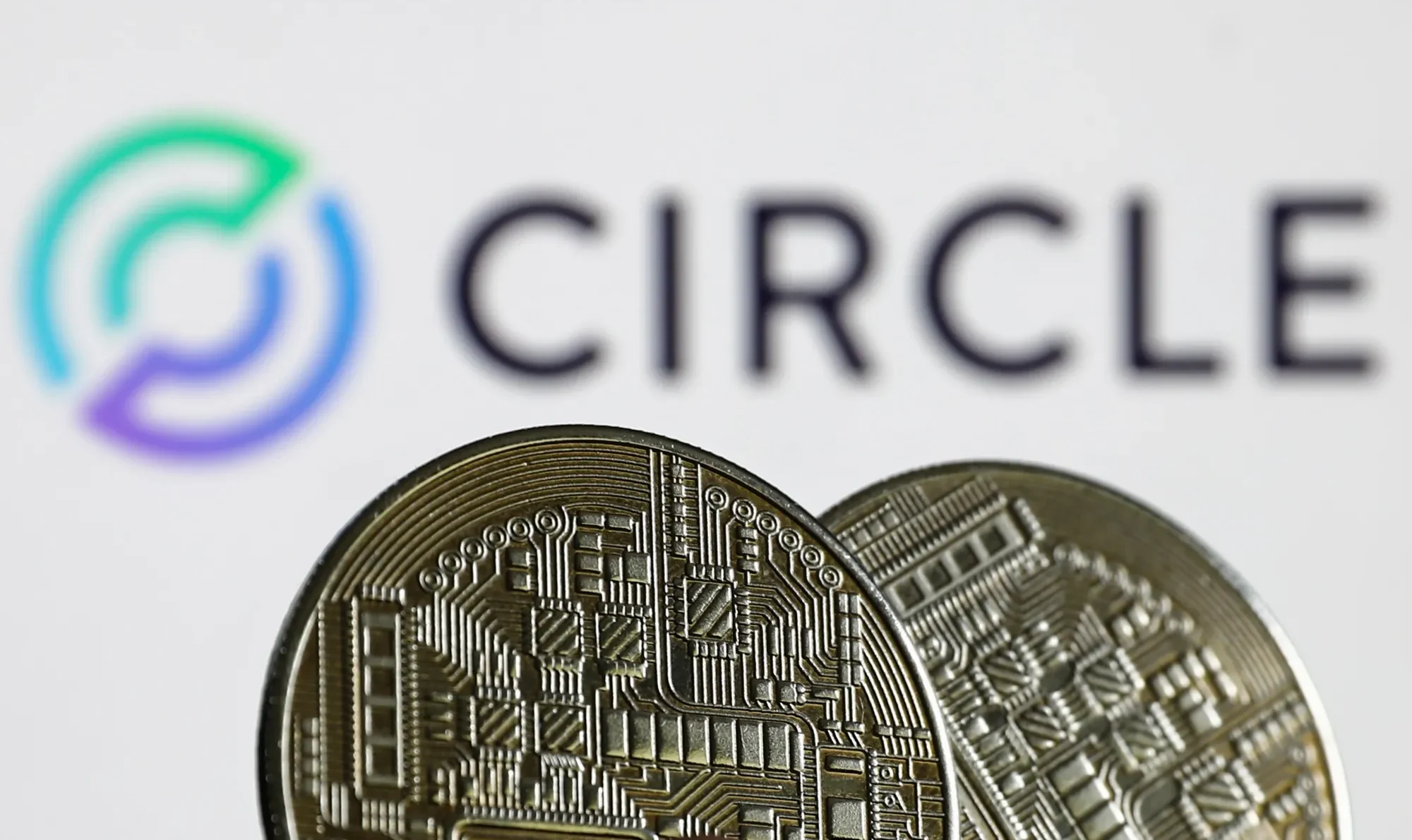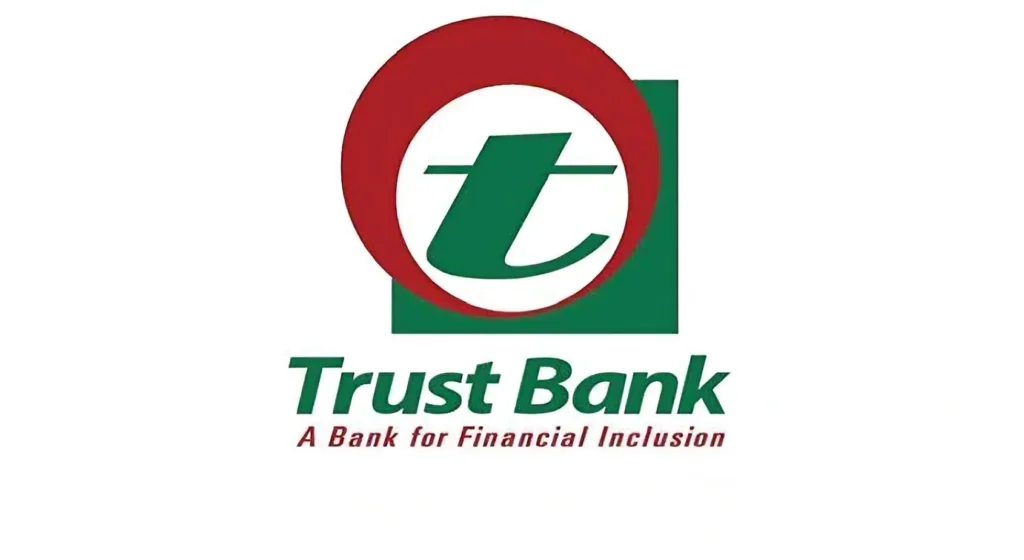Circle Internet Financial, the business that makes the USDC stablecoin, has taken a big step towards better compliance with US laws by seeking a national trust bank license. This news comes after its amazing first public offering (IPO) on the New York Stock Exchange (NYSE) in June 2025, when the firm was worth around $18 billion. The listing showed that investors were becoming more confident in stablecoins and digital financial infrastructure.
Circle Targets Regulated Finance Role
The trust bank app from Circle comes at a crucial time. Circle seems to be setting itself up to be a key player in the future of regulated, tokenised finance as the U.S. Congress starts to make rules for stablecoins and more institutions start to use digital assets. Circle’s request to the Office of the Comptroller of the Currency (OCC) is a hint that it wants to be more operationally independent and follow the rules more closely.  If the trust bank charter is authorised, Circle would be able to act as a qualified custodian for digital assets, including reserves supporting USDC, under federal supervision. A national trust bank can’t take deposits or make loans like a regular bank. But it can offer fiduciary services and handle cryptographic and tokenised assets.
If the trust bank charter is authorised, Circle would be able to act as a qualified custodian for digital assets, including reserves supporting USDC, under federal supervision. A national trust bank can’t take deposits or make loans like a regular bank. But it can offer fiduciary services and handle cryptographic and tokenised assets.
IPO Success Fuels Custody Expansion
This initiative is part of Circle’s plan to strengthen its reputation in the financial world. The company already works with top custodians like BNY Mellon and BlackRock. But establishing its trust bank would let it handle custody operations in-house. Which would lower counterparty risk and make capital more efficient.
The trust bank move comes after Circle’s IPO, which raised about $1.1 billion by pricing its shares at $31, which was higher than its original estimate. On the first day of trading, shares jumped more than 150%, reaching a high of over $80. This proved Circle’s business strategy in the face of widespread scepticism about.
Circle Blends Compliance With Blockchain
Significant investment banks, including JPMorgan Chase, Goldman Sachs, and Citigroup, spearheaded the IPO, while major asset managers such as ARK Invest and Fidelity provided support. Circle’s public debut comes at a time when investors are more interested in companies that can make blockchain technology work with rules and regulations.
As of mid-2025, Circle’s main product, USD Coin (USDC), had a circulating supply of more than $32 billion. It is now one of the most trusted stablecoins in the world. Unlike unregulated stablecoins, USDC is fully backed by short-term U.S. Treasuries and cash equivalents and undergoes monthly attestations. Making it one of the most transparent digital dollar representations in circulation.
Regulation Drives Circle’s Strategic Shift
The move toward a national trust bank charter aligns perfectly with pending U.S. legislation. A bipartisan stablecoin bill passed in the House in Q2 2025 and is awaiting Senate approval. This proposed law, along with earlier efforts like the STABLE Act and the GENIUS Act, would require stablecoin issuers to operate under a banking framework, hold sufficient reserves, and undergo regular audits. If granted, Circle would become the second crypto-native firm to receive a federal trust charter after Anchorage Digital, which gained approval in 2021.
However, Circle’s case is arguably more influential due to its public status and the systemic relevance of USDC. The broader trend toward tokenising real-world assets (RWAs). Such as bonds and equities, could be turbocharged by institutions like Circle that offer regulated custody and settlement solutions. Traditional banks and asset managers are increasingly exploring blockchain-based infrastructure for faster, cheaper, and more secure transactions. Circle’s transition from a fintech innovator to a regulated trust bank also sends a strong signal to other players in the stablecoin ecosystem. The regulatory landscape is changing, making legitimacy and compliance essential for long-term survival and growth.
Final thoughts
Circle’s action could show regulators how to bring blockchain-native companies into the federal financial system. It lowers the risks of custody, solvency, and legal jurisdiction for institutional investors. And for people who don’t believe in crypto, it shows that blockchain corporations can change to match the needs of modern finance.
The next few months will be crucial. If the Trust Bank license is approved, Circle may be at the centre of a new financial era when digital currency, on-chain settlements, and regulated crypto services are the main ways that people transact business around the world.


